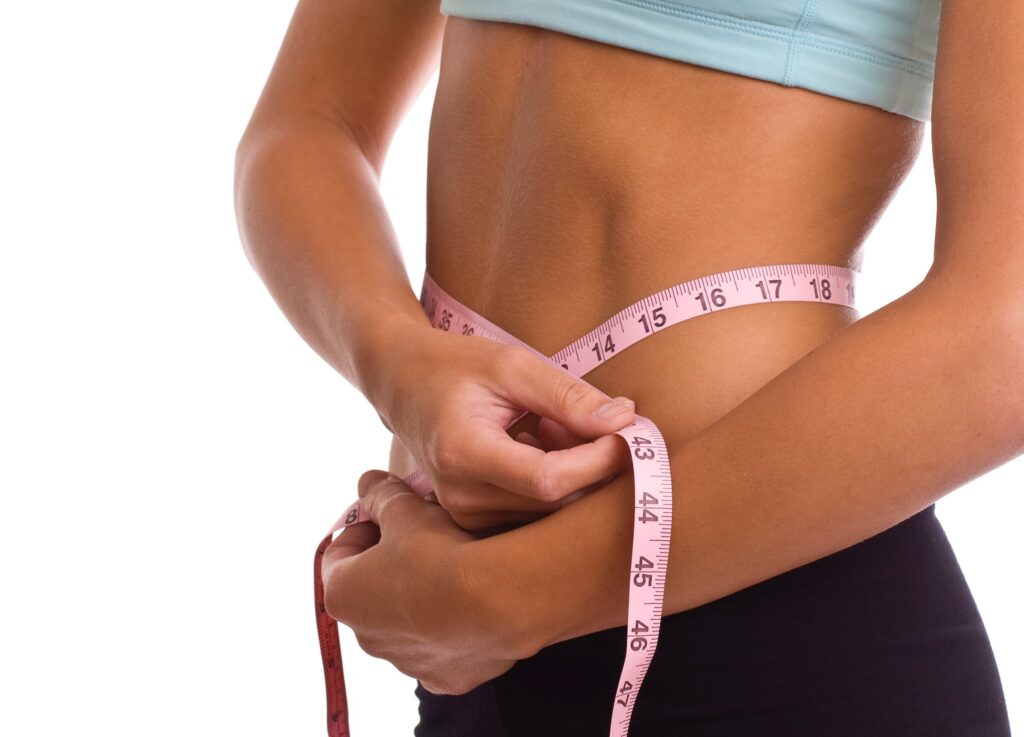Are carbs and gluten necessarily evil? The short answer is: no. Complex carbohydrates are long chains of sugar molecules bonded together, also called polysaccharides. Examples of carbohydrate-rich sources are grains and starchy vegetables, such as root vegetables (potatoes, carrots, beets). Most vegetables have a certain amount of carbs, and are very important sources of micronutrients such as minerals and vitamins.
Another vital role of carbs is to provide the body with fiber, which is not digested or absorbed, but helps to regulate bowel movements. Most fruits and veggies contain a combination of soluble and insoluble fiber, to bulk up feces with water and “scrub” walls of the large intestines for optimal waste removal during voiding. Vegetables, especially leafy greens, edible fruit peels and various nuts and seeds are rich in fiber.

The other important role of fiber is to slow down absorption of sugar into the bloodstream, thus regulating blood sugar levels to prevent spikes and troughs. Drinking fruit and vegetable juices leaves the body devoid of fiber, effectively loading the sugar into the bloodstream all at once. This can contribute to blood sugar and insulin spikes, and over time to insulin resistance and metabolic imbalance. My recommendation for those who like “drinking” their veggies on the go is to go with a smoothie, since that doesn’t strip the fiber away. It “pre-digests” the fiber as if you’ve already chewed it, but the fiber will still be able to do its job.






